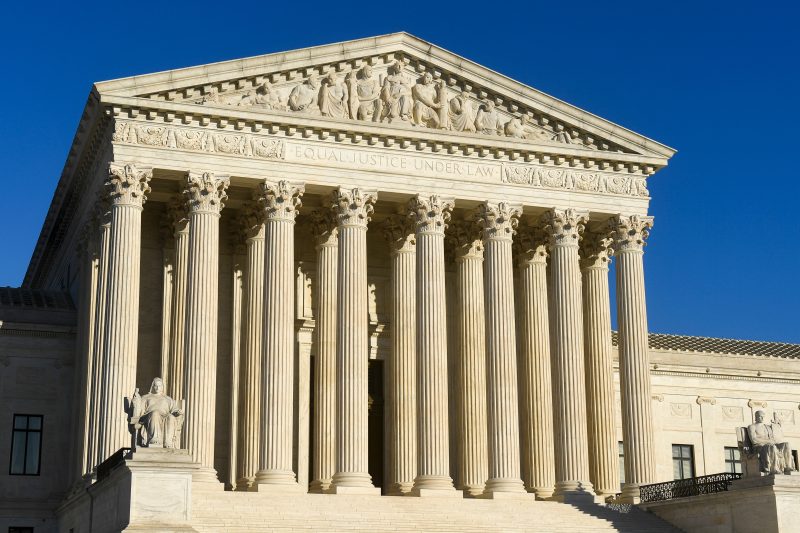
Supreme Court Upholds Freeze on Biden’s Title IX Changes in Select States
The recent decision by the Supreme Court to uphold the block on President Biden’s proposed changes to Title IX regulations in certain states has sparked heated debate and raised concerns about the future of gender equality in education. Title IX, a federal law enacted in 1972, prohibits discrimination on the basis of sex in education programs or activities receiving federal funding. Over the years, Title IX has been instrumental in promoting gender equity in educational institutions and ensuring that students have equal access to opportunities regardless of their gender.
President Biden’s administration proposed new regulations in an effort to strengthen Title IX protections and enhance the rights of individuals impacted by sexual misconduct on college campuses. However, several states challenged these regulations, arguing that they imposed undue burdens on educational institutions and violated due process rights. The Supreme Court’s decision to maintain the block on these regulations in certain states has significant implications for the enforcement of Title IX and the handling of sexual misconduct cases in higher education.
One of the key issues at the center of the debate is the balance between protecting the rights of survivors of sexual misconduct and ensuring due process for the accused. Critics of the blocked regulations argue that the changes proposed by the Biden administration would have tilted the scales too far in favor of survivors, potentially undermining the rights of the accused to a fair and impartial process. On the other hand, supporters of the regulations contend that they are necessary to address systemic issues in how colleges and universities handle sexual misconduct cases and provide adequate support for survivors.
The Supreme Court’s decision to keep the block on Biden’s new Title IX regulations highlights the complexity of the issue and the challenges of finding a middle ground that protects the rights of all parties involved. It underscores the need for careful consideration and consultation in crafting policies that address sexual misconduct on college campuses while upholding principles of fairness and justice.
Moving forward, it is imperative for policymakers, educational institutions, and advocacy groups to engage in constructive dialogue and work together to develop effective strategies for preventing and responding to sexual misconduct in a manner that is fair, transparent, and supportive of all individuals involved. By upholding the core principles of Title IX and striving for a balance between the rights of survivors and the due process rights of the accused, we can create a safer and more equitable educational environment for all students.
